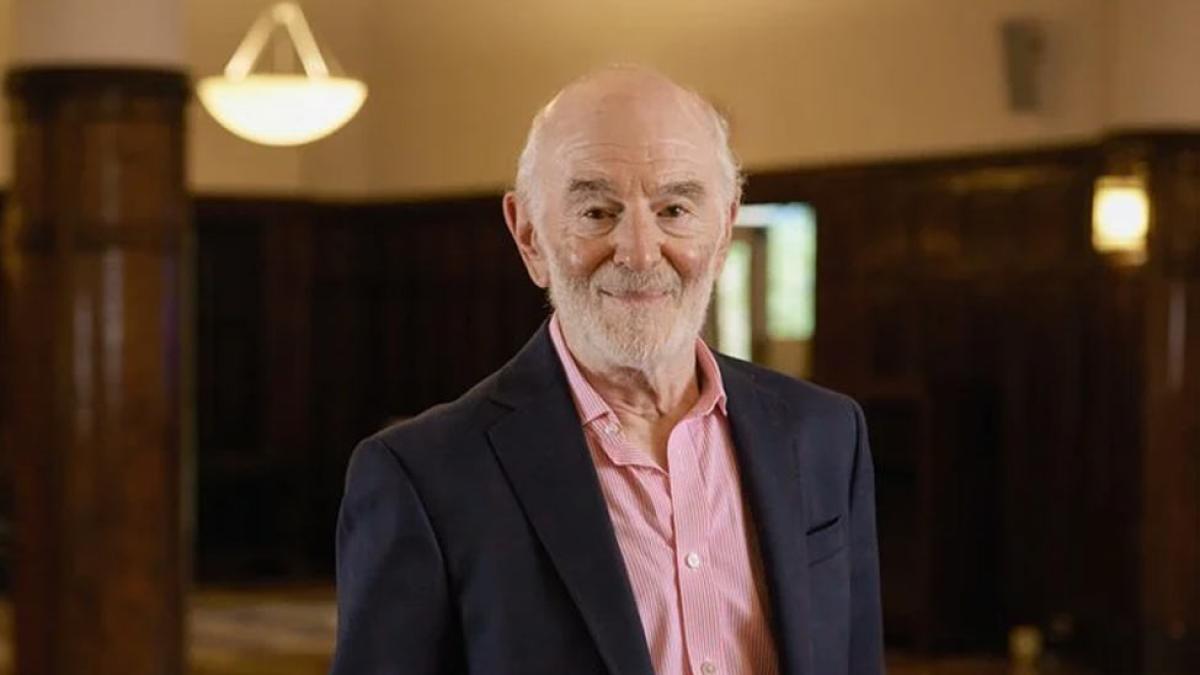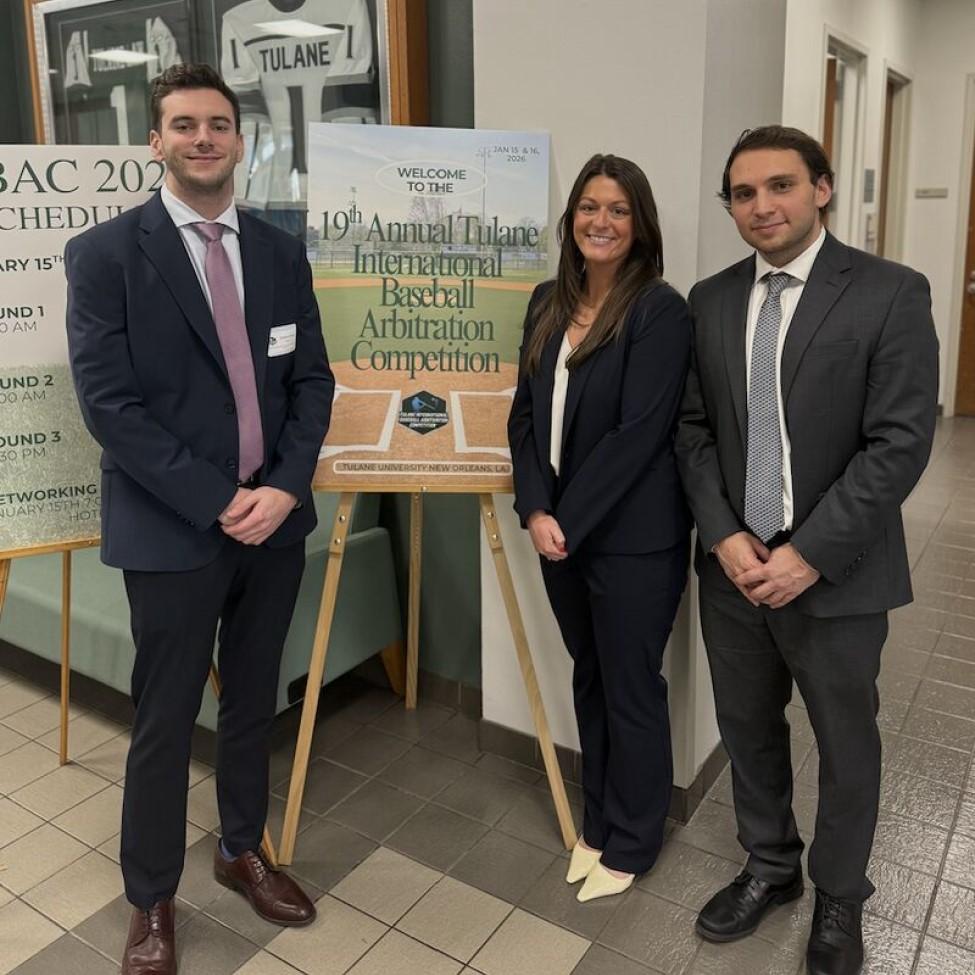
Pace Haub Law ADR Team Advances to Semifinals at Tulane International Baseball Arbitration Competition
The Elisabeth Haub School of Law at Pace University’s Alternative Dispute Resolution (ADR) Team earned a Top 4 Semifinalist finish at the 19th annual Tulane International Baseball Arbitration Competition, held January 15–16 at Tulane University Law School.
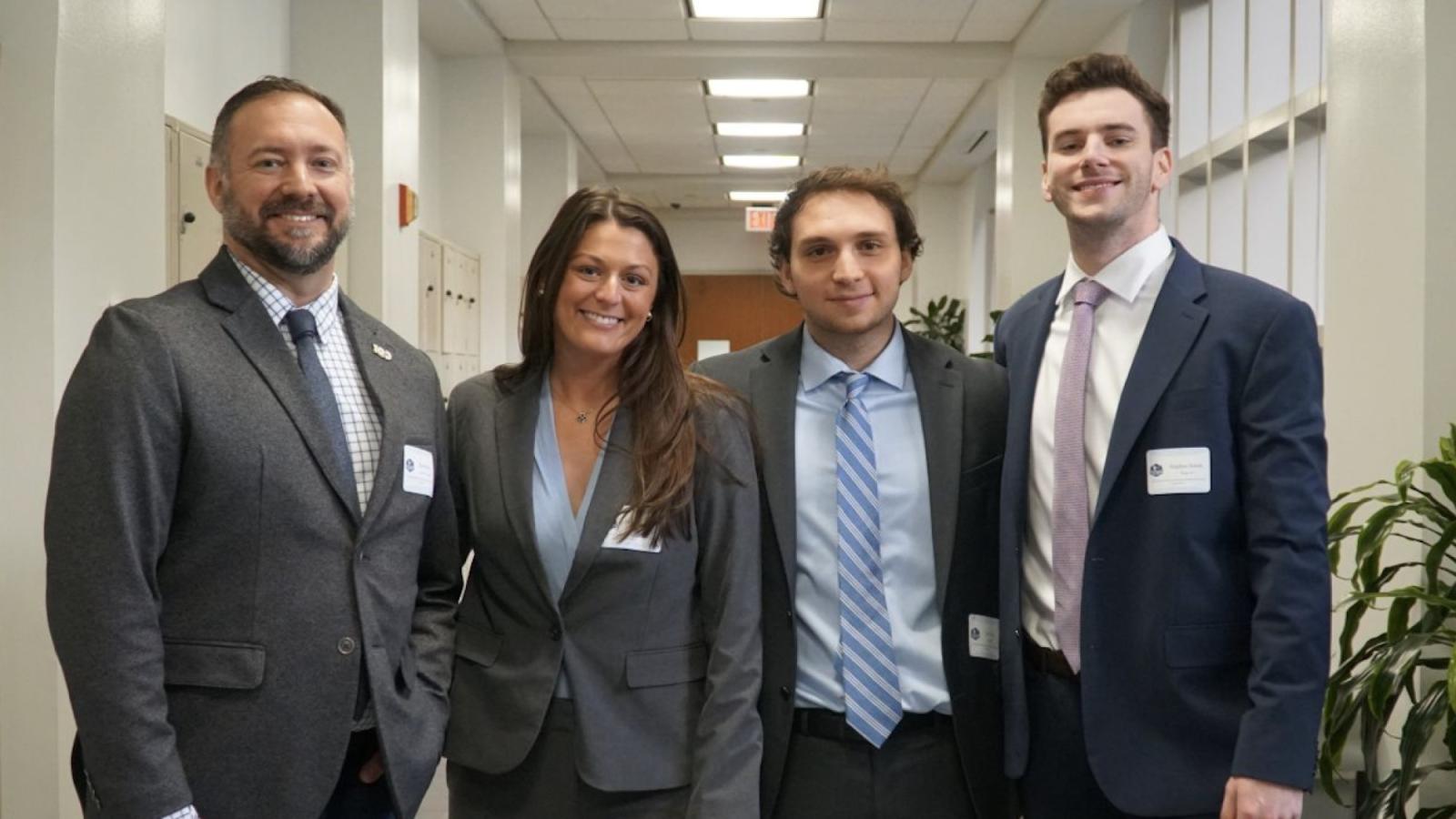
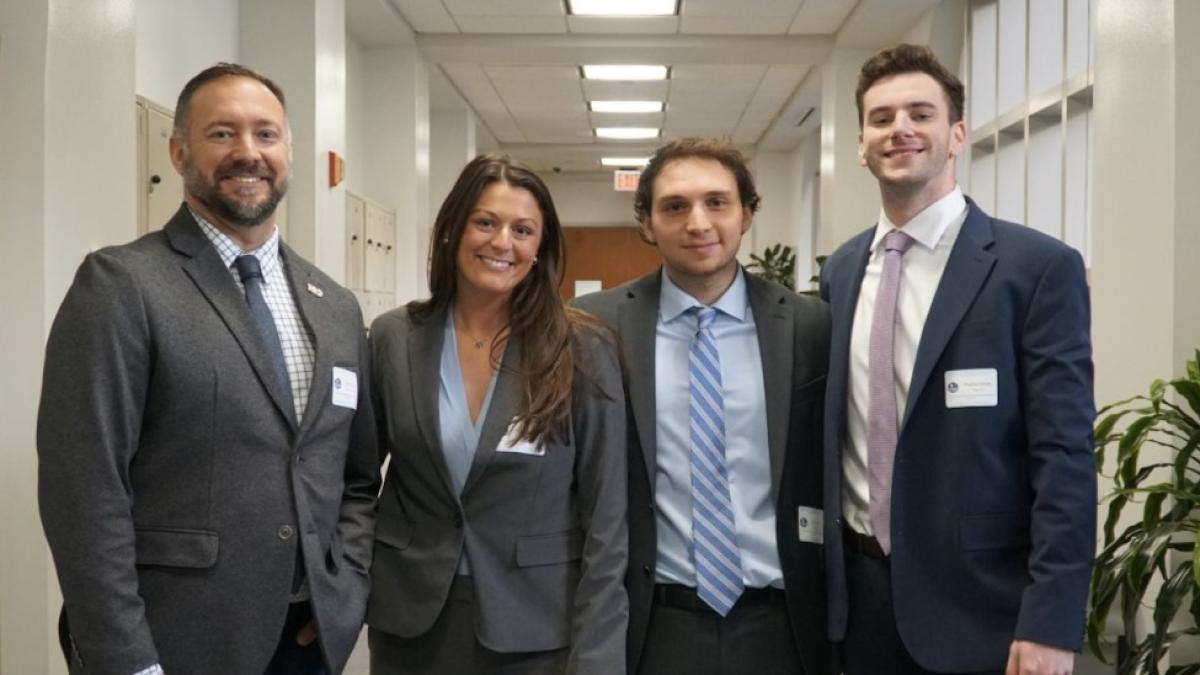
The Elisabeth Haub School of Law at Pace University’s Alternative Dispute Resolution (ADR) Team earned a Top 4 Semifinalist finish at the 19th annual Tulane International Baseball Arbitration Competition, held January 15–16 at Tulane University Law School.

Representing Pace Haub Law were student advocates Madeline Law (3L), Stephen Smith (3L), and Jon Riina (2L), who competed against law schools from across the country in the highly specialized competition. This unique national competition simulates Major League Baseball salary arbitration, challenging students to apply advocacy skills in a real-world sports law context. Over two days, teams presented arguments before panels of judges drawn from across the professional baseball industry, including player representatives and front office executives. Tulane’s Sports Law Society also hosted a panel of experts discussing legal issues related to baseball, which participants were invited to attend.
“The Tulane Competition provides us with a hands-on experience where we are able to utilize our advocacy skills in a professional sports context,” said student advocate Madeline Law (3L), who is also the ADR Director for the Law School’s Advocacy Program. “Our school has a strong history with this competition, and I was fortunate enough to be part of the team that finished as quarter-finalists last year.”
The team was coached by Dan Masi ’14, a Pace Haub Law alumnus, whose mentorship has been instrumental in the team’s continued success and growth. Under his guidance, the ADR team has performed extremely well. “Coach Masi not only helps us prepare for the competition but ensures that we have a clear understanding of strategy and negotiation,” shared Madeline. While Dan was a student, he was part of the Pace Haub Law team that won the national competition at Tulane out of 40 schools in 2013.
“This latest semifinalist finish underscores Pace Haub Law’s commitment to experiential learning and highlights the strength of our ADR and advocacy programs as well as the dedication and talent of our students,” said Director of Advocacy Programs and Professor of Trial Practice Louis Fasulo. “The success of this team and our other ADR competition success is greatly due to the commitment and the skill of student advocate Maddie Law. She continues to be instrumental in the Law School, gaining national prominence in the ADR competition community.
Samuel Carvalho Named Pace Energy and Climate Center Graduate Fellow
The Elisabeth Haub School of Law at Pace University is proud to announce that Samuel Carvalho has been selected to serve as the new Pace Energy and Climate Center Graduate Fellow. This position is reserved for outstanding Pace Haub Law students who demonstrate exceptional academic and research skills, as well as a strong commitment to climate change and energy law.
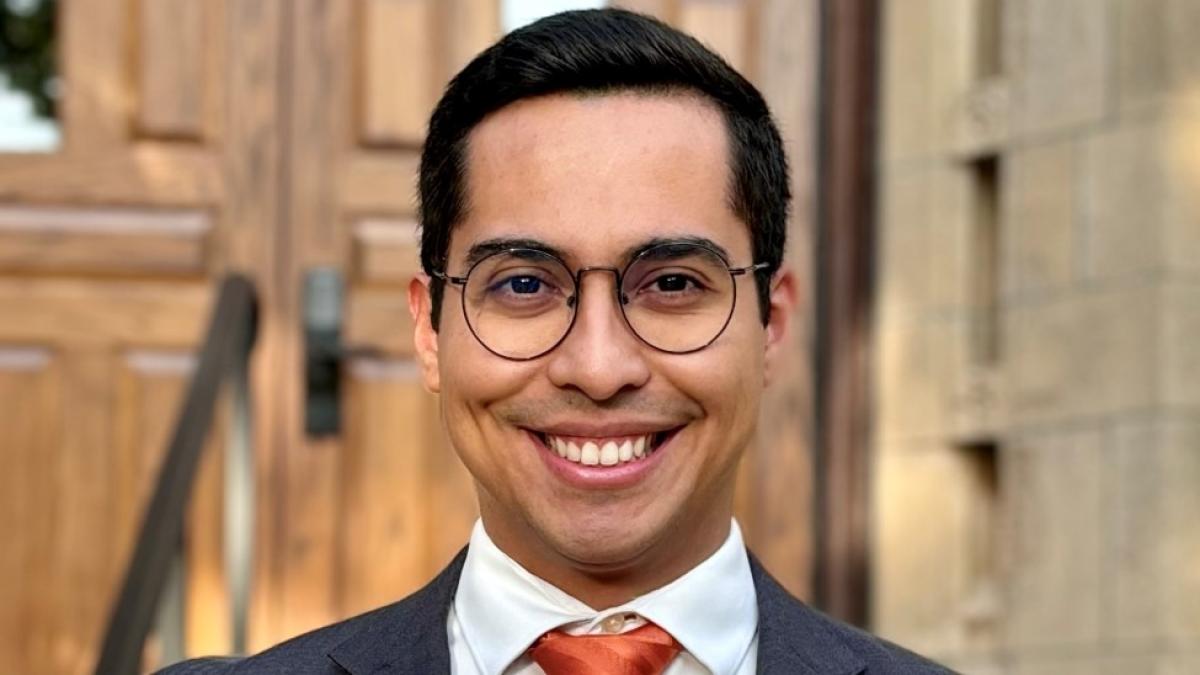
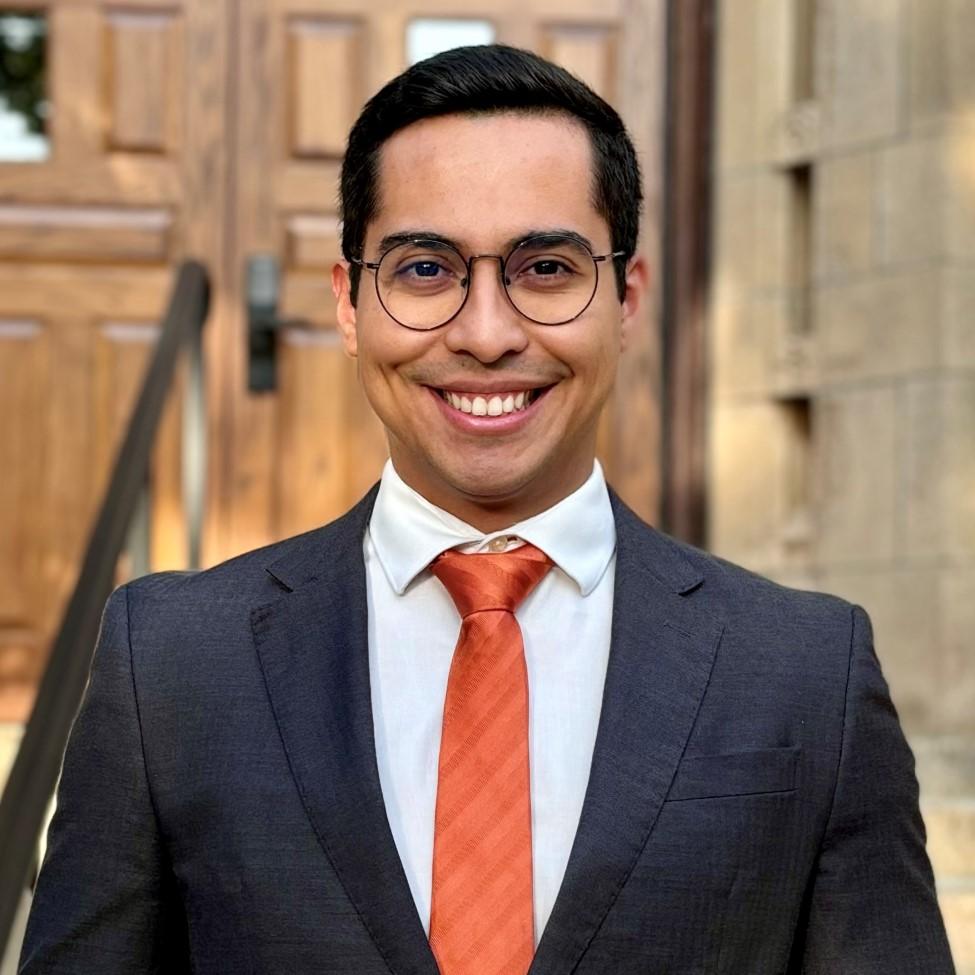
The Elisabeth Haub School of Law at Pace University is proud to announce that Samuel Carvalho has been selected to serve as the new Pace Energy and Climate Center Graduate Fellow. This position is reserved for outstanding Pace Haub Law students who demonstrate exceptional academic and research skills, as well as a strong commitment to climate change and energy law.
Samuel is a Doctor of Juridical Science (SJD) student at the Elisabeth Haub School of Law and a Brazilian attorney who recently passed the NY Bar Exam. He earned his LLM in Environmental Law, with a specialization in Energy and Climate Change Law, from Pace Haub Law, where he was awarded the 2025 Dean’s Award, the Law School’s highest honor for academic excellence, service, and leadership. Over the past year, Samuel has worked with the Initiative for Responsible Mining Assurance on sustainability standards and climate policy, and as a research assistant with the Global Center for Environmental Legal Studies. In addition, Samuel serves as the Written Content Vice Chair for both the American Bar Association’s Section of Environment, Energy, and Resources (ABA SEER) Climate Change Committee and ESG & Sustainability Committee.
As part of his scholarly work in energy and climate change law, Samuel has authored several articles and book chapters, with a particular focus on the advancement of international climate goals through market-based mechanisms, the promotion of renewable energy through tax incentives and private-sector investment, and community benefit-sharing in climate and renewable energy infrastructure projects.
“I am very excited to welcome Sam to the Pace Energy and Climate Center.” said Michael Hamersky, Pace Energy and Climate Center Executive Director. “His leadership, experience in international climate conferences, and commitment to energy and climate policy will be an incredible addition to our team.”
“It is truly an honor to accept this position at the Pace Energy and Climate Center,” Samuel shared. “I look forward to working with one of the leading research institutions in the field and contributing to the development of solutions to the energy and climate challenges we face today.”
In his role as a Fellow, Samuel will work closely on PECC’s energy and climate initiatives, including major projects with New York State agencies and municipalities, while also collaborating with international scholars and researchers to develop policy recommendations related to promoting renewable energy and reducing greenhouse gas emissions.
Mamdani Blames Adams Administration for the City's $12 Billion Budget Gap
Dyson Political Science Professor Laura Tamman appears on Spectrum News NY1’s Inside City Hall to discuss Mayor Zohran Mamdani’s handling of New York City’s projected $12 billion budget gap. Professor Tamman noted that while new mayors often blame predecessors for fiscal shortfalls, Mamdani is also signaling pressure on Governor Kathy Hochul by framing future responsibility around state action. She emphasized that regardless of prior conditions, the mayor ultimately owns the budget, and cautioned that navigating state–city fiscal dynamics requires experience and long-term strategy.
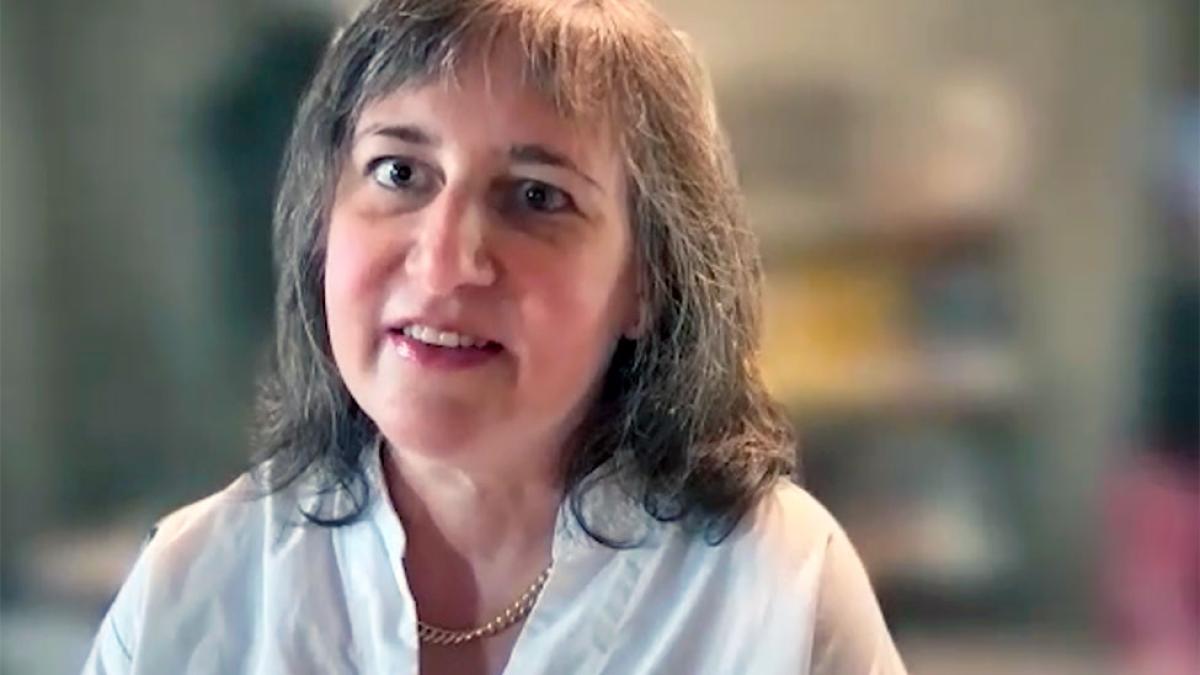
Op-Ed | The Murder Of Alex Pretti And The Government’s Response
Professor Gershman also pens an op-ed in amNewYork examining the fatal shooting of Alex Pretti by federal immigration agents. Drawing on eyewitness accounts and video evidence, he challenges official narratives defending the use of deadly force and questions whether government responses adequately reflect constitutional protections and accountability standards. In a separate New York Law Journal piece, “A Diminished Constitution,” Gershman and co-author Theodore A. Keyes warn that escalating political rhetoric and post–January 6 actions are eroding democratic norms and weakening public trust in constitutional safeguards.
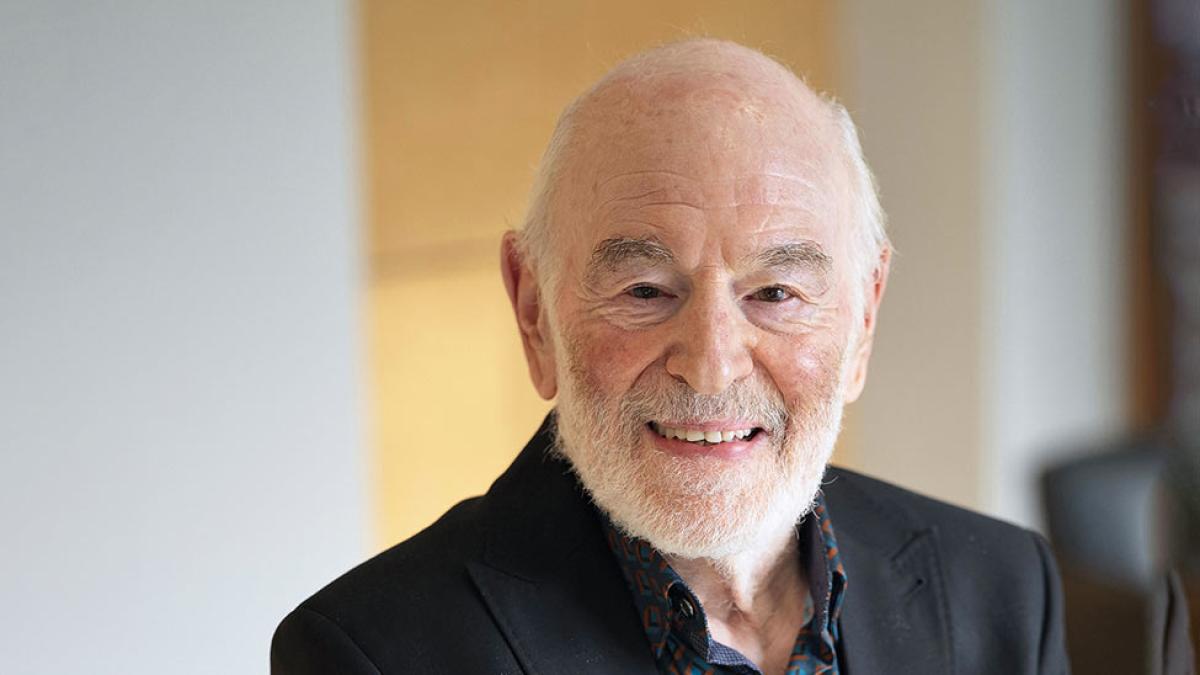
South Korea's 'Fake News' Law Tests Press Autonomy
Internationally, Dyson Professor Seong Jae Min provides expert insight to Deutsche Welle on South Korea’s proposed “fake news” law. Professor Min explains that the speed and scale of digital disinformation have outpaced existing legal frameworks, while noting that any new regulation must balance harm reduction with press freedom and democratic norms— the story gets picked up by The Philippine Daily Inquirer and Tempo.co.
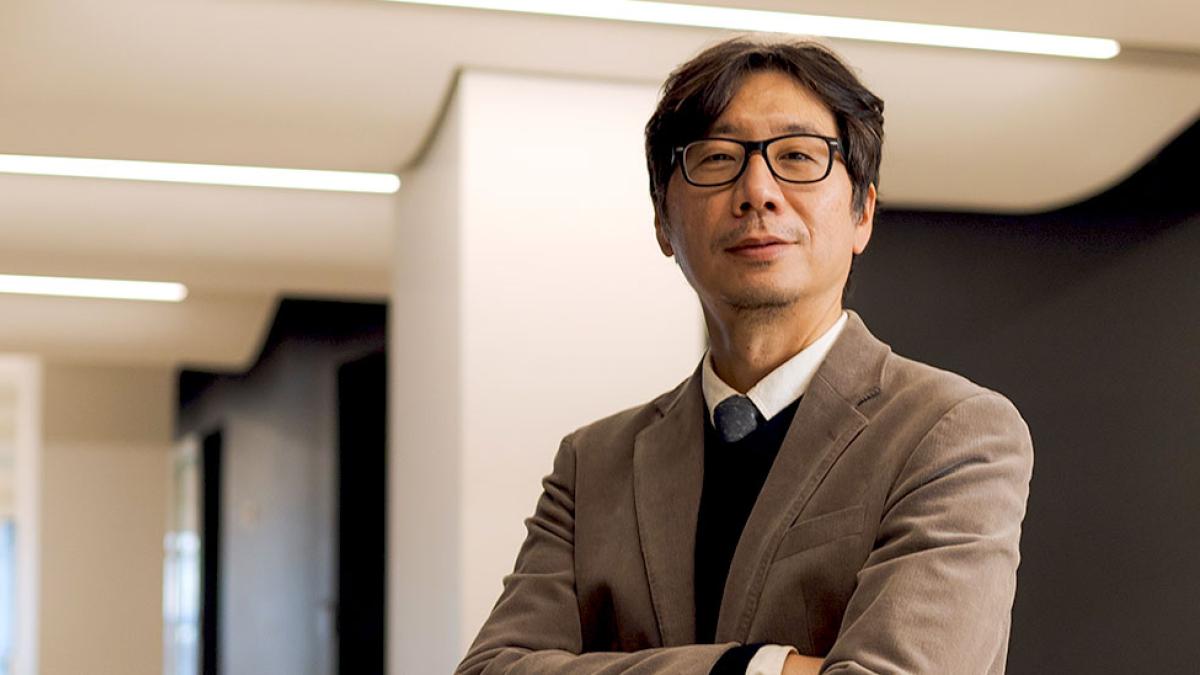
Pace Commercial Dance Student Spotlighted on ABC’s Eyewitness News
ABC’s Eyewitness News featured a proud moment for News Anchor Liz Cho, highlighting her daughter Louisa Simone Gottlieb, a Sands College of Performing Arts student in the BFA Commercial Dance program. Cho proudly highlighted her daughter’s role in an upcoming theatrical production—sharing that previews begin tomorrow night—and praised Pace’s prestigious training and the impact of working alongside a talented professional cast. The segment underscored Pace’s strong reputation in commercial dance and its role in preparing students for professional performance careers.
Pace University (Act II) with Amanda Flynn | Mapping The College Audition: An MTCA Podcast
Broadway Podcast Network features Program Head of Musical Theater Amanda Flynn, in a deep dive on Pace’s audition and training process.
Best Airline Credit Cards of February 2026
Lubin Professor Andrew Coggins provides expert commentary to WalletHub on the Best Airline Credit Cards of February 2026, offering perspective on rewards structures and travel value.
The 2026 Lawdragon 500 Leading Environmental Lawyers
Pace’s environmental leadership is recognized nationally as Haub Law Professor Achinthi Vithanage is named to the 2026 Lawdragon 500 Leading Environmental Lawyers, honoring top legal minds advancing environmental and climate justice, The Green 500 reports.
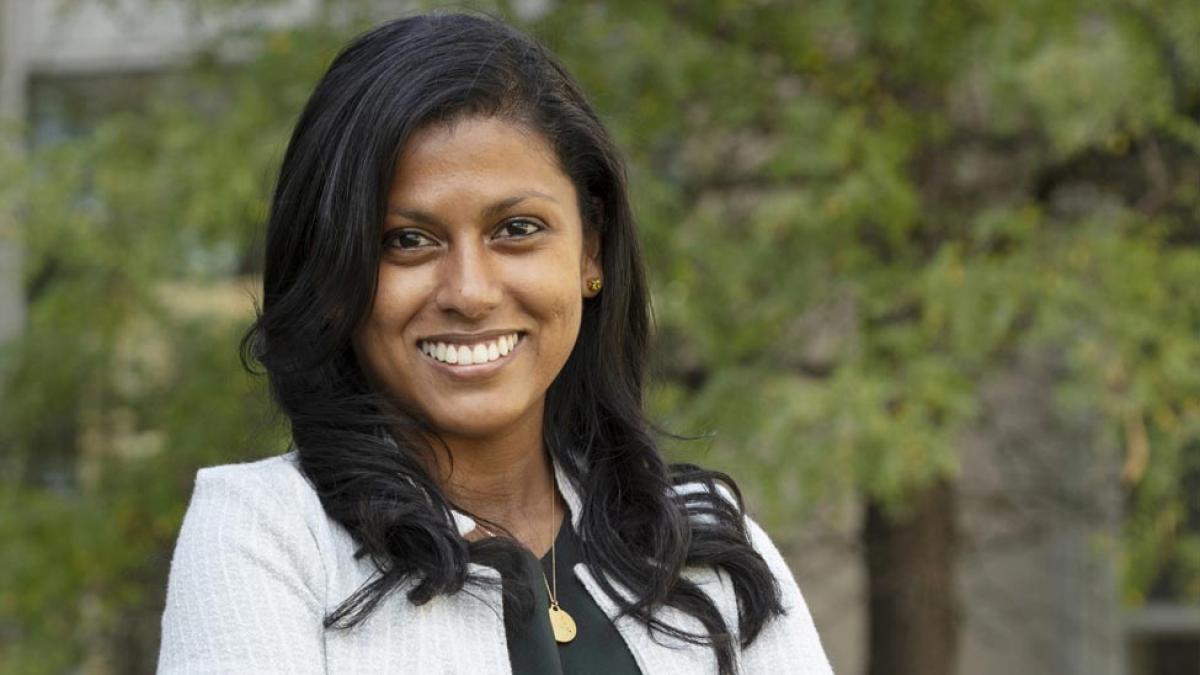
Can ICE Agents Be Prosecuted for Shootings? What to Know
In Newsweek, Pace Haub Law Professor Bennett L. Gershman weighs in on whether ICE agents can be prosecuted for fatal shootings. Gershman explains that federal agents do not enjoy absolute immunity and could face state murder charges or federal civil rights violations, depending on the facts. “Police officers charged with crimes or civil rights violations never enjoy absolute immunity,” he said, underscoring the constitutional limits on law enforcement authority.
